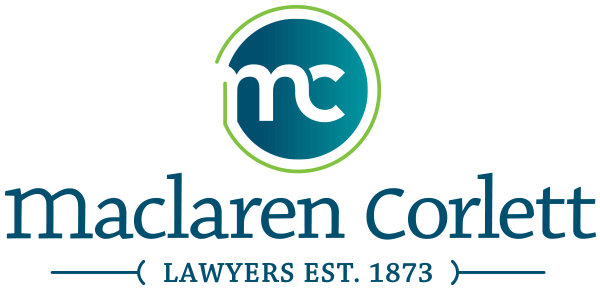Rights of Directors – Canada Not-For-Profit Corporations (Part 1 of 2)
There is much written concerning the duties and responsibilities of directors of non-profit incorporated organizations. There is little available in a concisely collated manner regarding their rights. As a long-time non-profit organization director I know that an oft-asked question by directors is: just what are my rights. This two-part piece will answer that question for those who are directors of non-profit organizations incorporated (on continued) under the Canada Not-for-profit Corporations Act (“the Act” or “Canada NFP Act”).
First and foremost, it is the fundamental right of every director of a Canada NFP Act corporation to attend Board meetings and to be permitted to speak on the matters being discussed and dealt with. Subject to one qualification mentioned below, a director also has the right to cast his or her vote on each item that is put to a vote at any Board meeting he or she is attending.
A corollary right to the right to attend, speak, and vote at Board meetings is the right of a director to be given notice of the place, date, and time of meetings of the Board. It is important for a Board member to be aware that the giving of notice of an adjourned meeting of directors is not required to be given if the date, time, and place of the adjourned meeting is announced at the original meeting.
Although not to be found in the Act where one would intuitively look, in the “Directors and Officers” section, Part 9, of the Act, directors are expressly given the right by the Act to see (inspect) any of the following records of a Canada NFP Act corporation. The corporation is also required to provide a director with a copy of any extract of the records he or she may wish to have, free of charge. These records are:
- the articles and by-laws of the corporation, and of course any amendments to them;
- any unanimous member Agreement;
- the minutes of meetings of members and any committee of members;
- the resolutions of the members and the resolutions of any committee of members;
- the particulars of any debt obligation of the corporation including the name of each debt obligation holder and the principal amount of each outstanding debt obligation;
- the name, residential address (and email address if the individual has consented to receiving information or documents by electronic means), and the date of commencement and termination, if applicable, of office for each director and officer of the corporation;
- all of the same information for the corporation’s members, and if the corporation has classes or groups of members, each member’s class or group;
- the corporation’s accounting records;
- the minutes of directors’ meetings (but perhaps not in camera minutes of a Board meeting that the director did not attend that may have some form of litigation restriction on distribution of the minutes – my recommendation is that there be no minutes kept of in camera meetings of directors and that any resolutions required to be passed be done in the director’s meeting once the directors have ended the in camera meeting and moved back into their regular meeting);
- minutes of any committee of directors (same comment applies as above regarding minutes of in camera discussions of the committee);
- resolutions adopted by the directors;
- resolutions adopted by any committee of directors.
A director can find the statutory basis for his or her right to see and obtain copies of the above-mentioned corporate records by reference to section 21 of the Canada NFP Act and its accompanying regulations.
In my next post, I will continue to explore the rights of directors of non-profit organizations incorporated (or continued) under the Canada Not-for-profit Corporations Act, including limitations on rights to vote, and the importance of putting a director’s dissent on the record.



